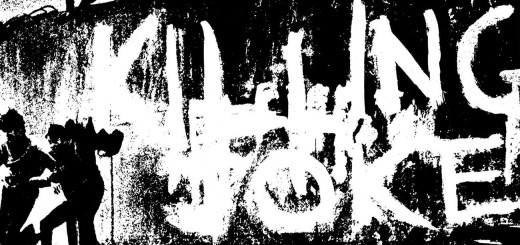Crossfader’s Dance-Pop Primer
Many are quick to dismiss dance-pop music as “not real music” or “the reason radio sucks.” Record label bigwigs in charge of dance music promo would most definitely disagree with this statement. Naive critics bemoan the genre’s simplistic song structure, clichéd and impersonal nature, and preferential usage of synthetic instruments over traditional ones. These, of course, are misconceptions that have been most recently perpetuated by DJs-turned-celebrities like Zedd and Calvin Harris, who hijacked the genre and repackaged it as EDM. But dance-pop, which rose to prominence in the 1980s when disco music had fallen out of fashion, is a colorful and eclectic landscape. Though it’s designed to succeed in the clubs and over radio airwaves simultaneously, dance-pop is not without substance, innovation, and versatility. The following ten albums prove just that.
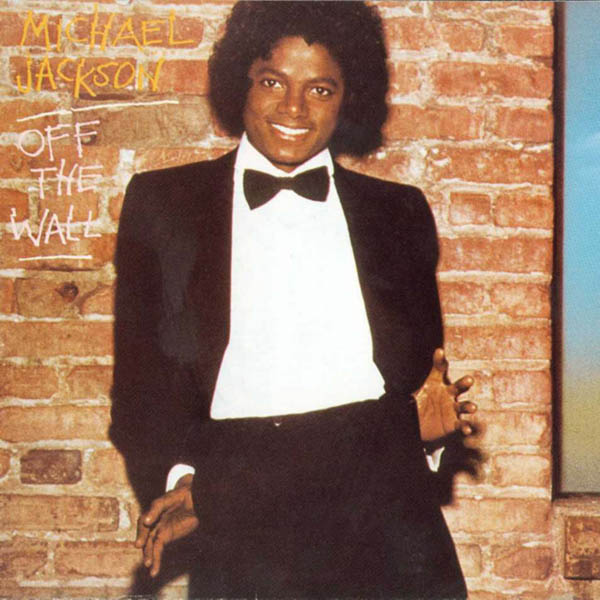
Michael Jackson – OFF THE WALL
Year: 1979
Favorite Tracks: “Rock With You,” “Get on the Floor,” “Burn This Disco Out”
OFF THE WALL is not Michael Jackson’s best album (after all, there’s no zombie music video spectacular to speak of), but it’s as relevant now as it was when it was released nearly four decades ago. Jackson and producer Quincy Jones expertly blend disco with funk, jazz, and rock to create a far more daring and cutting record than any of the singer’s previous efforts. From the delightfully dizzying “Don’t Stop ‘Til You Get Enough” to the more mellow cuts on the back end of the album, OFF THE WALL is damn near close to dance floor perfection, with the dreary “She’s Out of My Life” being a most unfortunate exception. With writing credits from Paul McCartney and Stevie Wonder, the album is a confection of pop royalty and helped propel Jackson beyond the softer image of his earlier career.
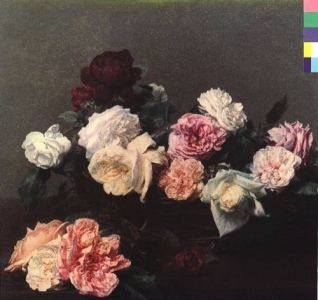
New Order – POWER, CORRUPTION & LIES
Year: 1983
Favorite Tracks: “The Village,” “Your Silent Face,” “Leave Me Alone”
At the crossroad of post-disco and post-punk, you’ll find New Order’s POWER, CORRUPTION & LIES. This album not only redefined the English rock band, but it also exhibits the versatility of dance music. Marrying guitar riffs to electronic sequencers, the record’s production is elegant, surprisingly gentle, and uniquely masterful. POWER invigorates New Order with a renewed sense of confidence, but it doesn’t completely abandon the melancholia that characterized their earlier work, painting a broad emotional landscape that the band navigates expertly. Bernard Sumner’s boyish vocals give the album an earnest sense of humanity, even when songs like “5-8-6” and “Ecstasy” take bizarre and unearthly musical departures.
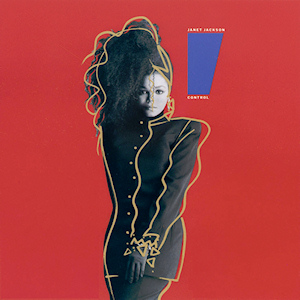
Janet Jackson – CONTROL
Year: 1986
Favorite Tracks: “Nasty,” “When I Think of You,” “The Pleasure Principle”
The aptly titled CONTROL not only marks a vital turning point in Janet Jackson’s career, but in her personal life as well; she had annulled her marriage to singer James DeBarge and severed personal and professional ties from her notorious family. The album celebrates Jackson’s new lease on life, with lyrical themes of liberation and independence. Far before her more famous brother ever got political, Jackson challenges the male gaze on songs like “Nasty” and “What Have You Done For Me Lately,” and addresses the AIDS pandemic on “Let’s Wait Awhile,” creating a compelling and progressive body of work. The album’s innovative fusion of disco, funk, and R&B also revitalized her as a performer, and her groundbreaking choreography catapulted her into superstardom.
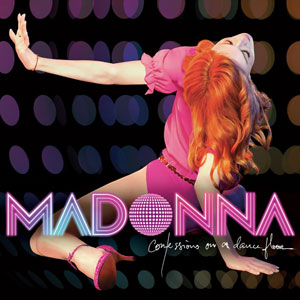
Madonna – CONFESSIONS ON A DANCE FLOOR
Year: 2005
Favorite Tracks: “Hung Up,” Sorry,” “Isaac”
I would be remiss not to include Madonna in a discussion about a genre that owes much of its success and popularity to her. She may be the Queen of Reinvention, but Madonna is most comfortable when she circles back to her dance-pop roots, and this is no more apparent than on CONFESSIONS ON A DANCE FLOOR. Structured like a DJ’s set, the songs feed into one another seamlessly, allowing for a gapless and entrancing listening experience. As the title suggests, CONFESSIONS is quite personal; Madonna addresses topics like religion and her polarizing effect on the public over pulsating electronic disco music. For added fun, she samples a large pool of artists, including ABBA, the Police, and even herself.
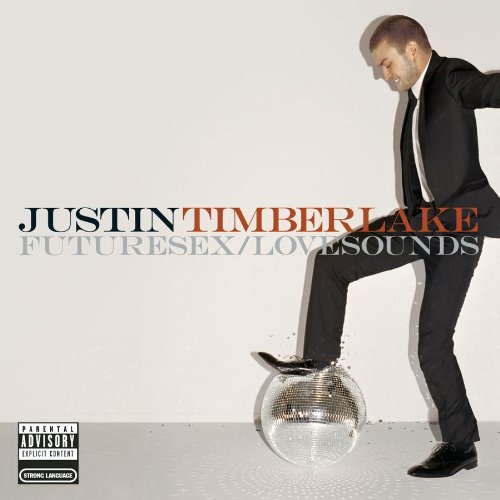
Justin Timberlake – FUTURESEX/LOVESOUNDS
Year: 2006
Favorite Tracks: “My Love,” “What Goes Around…/…Comes Around,” “Summer Love/Set the Mood”
The musical direction of Justin Timberlake’s FUTURESEX/LOVESOUNDS is as puzzling as the album’s title. A wise sonic departure from the urban pop sound of his debut album and work with ‘NSYNC, the album borrows from just about every genre under the disco ball, from funk to soul, from rap to rock. The result is a delectable dance floor opus in which love and sex are interchangeable and contradictory at the same time. Despite the album’s string of hit singles, the tracks, written and produced almost exclusively by Timberlake himself alongside Timbaland and Danja, work better together than as individual cuts, especially once the sporadic reprises and interludes are accounted for.
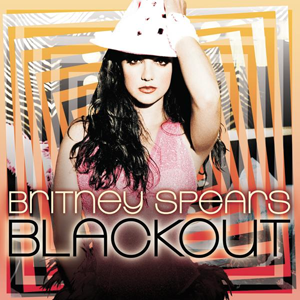
Britney Spears – BLACKOUT
Year: 2007
Favorite Tracks: “Piece of Me,” “Break the Ice,” “Hot As Ice”
“It’s Britney, bitch,” Britney Spears declares in the opening of BLACKOUT, forever changing lives, or at the very least dance-pop music. Released at a time when the singer’s personal struggles eclipsed her limited professional endeavors, BLACKOUT remains Spears’ best work and one of the most influential pop albums of the last decade. Spears and her producers, namely Danja and Bloodshy & Avant, usher in elements of European club music to craft a dark, foreboding atmosphere. The album is a cohesive masterpiece, and yet every song stands out from the rest, whether it be “Freakshow” and its inaugural use of dubstep or “Why Should I Be Sad,” a rare autobiographical moment in which Spears details the end of her marriage to Kevin Federline. BLACKOUT laid the groundwork that artists like Lady Gaga and Miley Cyrus would emulate in the following years.
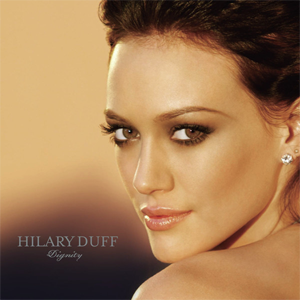
Hilary Duff – DIGNITY
Year: 2007
Favorite Tracks: “Stranger,” “Gypsy Woman,” “Outside of You”
Hilary Duff was the first child-actor-turned-pop-star that Disney spat out of its turn-of-the-century business model, so it’s only fitting that she would be the first to rebel against it. On DIGNITY, Duff abandons her pop rock roots in favor of a new electropop sound, imbued with elements of rock and Middle Eastern music. It would be an exciting change of pace for any singer, but it’s particularly thrilling to hear Duff mature beyond her Disney days. She unleashes her fiery, unapologetic personality on this record as she confronts her father’s mistress (“Gypsy Woman”) and her convicted stalker (“Dreamer”); even the title song is a diss track aimed at Nicole Richie. It’s not only delicious fodder, it’s refreshing and catchy dance music that proves Duff is deserving of the music career that was essentially handed to her.
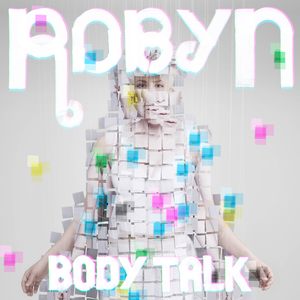
Robyn – BODY TALK
Year: 2010
Favorite Tracks: “Call Your Girlfriend,” “Indestructible,” “Hang With Me”
Everybody knows the Swedes do pop music best, and Robyn is a gleaming example of that. Originally released as three EPs, BODY TALK pushes the alternative pop singer squarely into dance floor bliss. The album mixes radio-friendly songs (“Dancing On My Own,” made popular by the show GIRLS) with more freeform and experimental tracks (“Don’t Fucking Tell Me What to Do”). Robyn sings for the underdog, juxtaposing upbeat, lighthearted music with lyrical themes of loneliness and heartbreak.
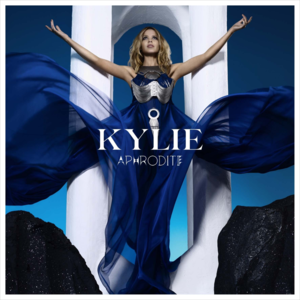
Kylie Minogue – APHRODITE
Year: 2010
Favorite Tracks: “All the Lovers,” “Everything is Beautiful,” “Aphrodite”
It’s a shame that Australian native Kylie Minogue, who is as big as Madonna in the rest of the world, has only managed to snag a couple of hits in the United States. But to focus on Mingoue’s American problem would only diminish her accomplishments as a pop supernova who has been delivering club masterpieces for 30 years. APHRODITE showcases Minogue at her best. Retro disco music underscores the album as she experiments with other genres, including 90s bubblegum pop on “Get Outta My Way” and rave music on the Calvin Harris production “Too Much.” Infectious and high-spirited, APHRODITE is a pinnacle of dance-pop music, making it all too worthy of its godly title.
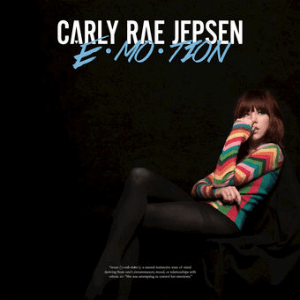
Carly Rae Jepsen – EMOTION
Year: 2015
Favorite Tracks: “Emotion,” “All That,” “Making the Most of the Night”
Nobody anticipated that 2015’s best pop offering would come from one-hit wonder Carly Rae Jepsen. Unlike most pop records, EMOTION doesn’t work overtime to promote the woman behind the songs; instead, the album fully commits itself to making feel-good dance music that is so authentically 80s that it illuminates just how much Taylor Swift failed in that same sonic pursuit on 1989. Even if Jepsen feels a little anonymous here, she is undeniably charming. From start to finish, EMOTION is designed for the dance floor, even on slower cuts like “All That” and “Favourite Colour.” Fans of “Call Me Maybe” will enjoy cutesy tracks like “I Really Like You” and “Boy Problems,” but the majority of the album is tastefully mature.

